Graham Reid | | 5 min read
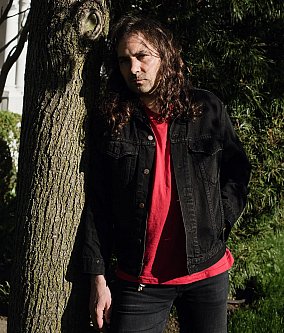
Our call finds Adam Granduciel, mainman of the American band War on Drugs, back home in Los Angeles for a couple of months with his wife Krysten and 4-year old Bruce after being on the road through Europe.
He's a couple of weeks into two months of downtime with family although sometimes pops into the much-cherished home studio (“it's the greatest”), where he is now, to work through some ideas.
“Even when you come home it takes while to get into the flow to hang with the family and maybe work on your music,” he says.
“When we go back out on the road it takes maybe a couple of shows to feel like you are back in the swing where you don't fully have the muscle memory. But they are great shows.
“You know, after 30 or 40 dates in a row, which are great too, you are just not even thinking about it sometimes. So when you have to go back out your brain isn't really dialled in and you are reacting to the music in away you don't when you aren't in full force.
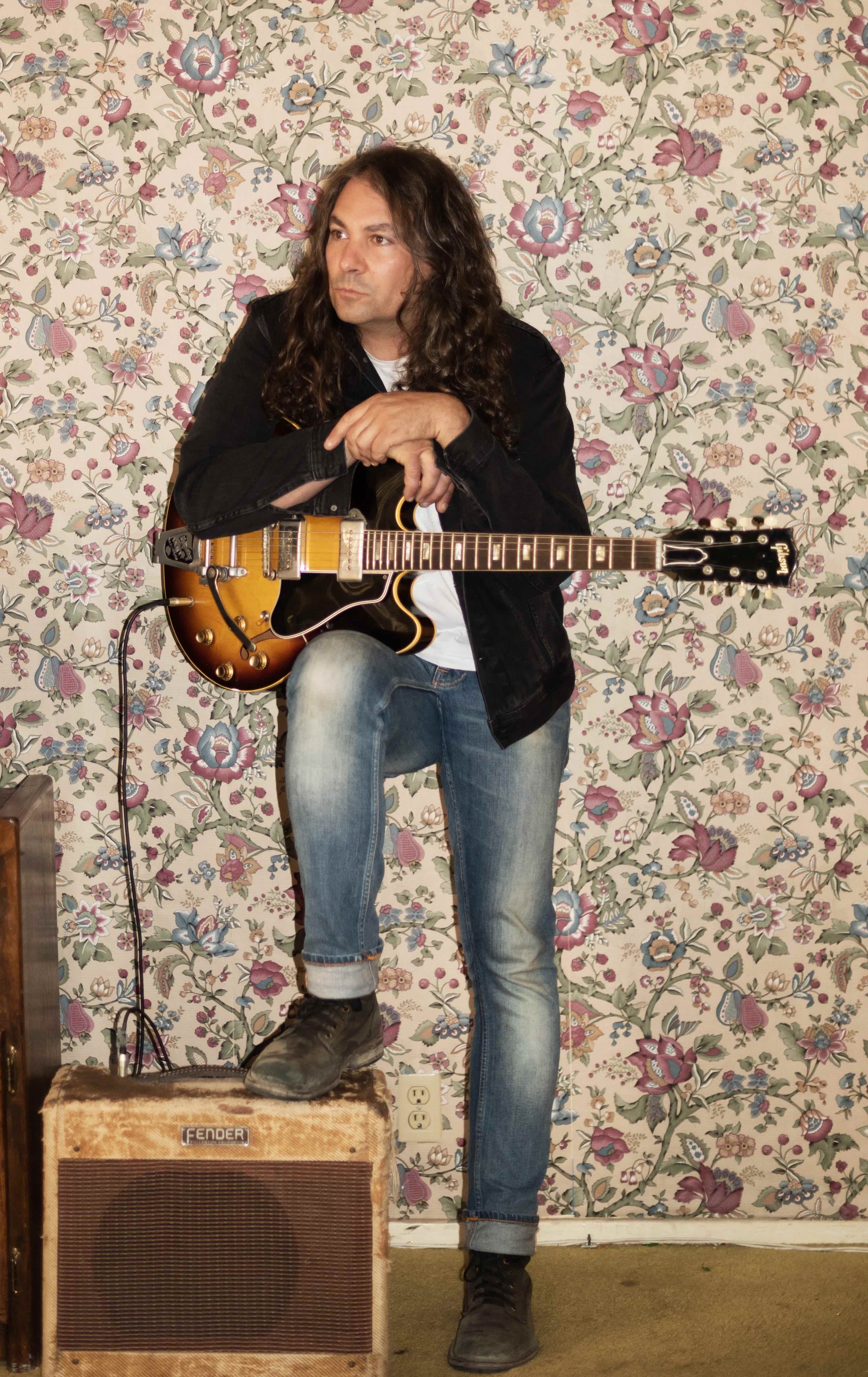 “So those shows when you come back out are among the best because you know the songs but you are finding new things in them.”
“So those shows when you come back out are among the best because you know the songs but you are finding new things in them.”
This is good news because in December the band return to New Zealand and their trajectory here mirrors the increasing international acclaim they have enjoyed since forming in Philadelphia almost 20 years ago.
Each of their five albums has pulled in an even larger audience for their free-wheeling, increasingly psychedelic rock with A Deeper Understanding (2017) picking up a Grammy for Best Rock Album at the Grammys.
Personable, modest and steeped in rock history as becomes apparent in our conversation, 44-year old Granduciel is also amusingly candid. When asked if after al the time back home he misses playing live and that connection with his audience when the songs become real again he laughs loudly after a short pause.
“Ah, no actually.”
Well that's honest.
“Okay I do actually. When you're on tour and have two days off, I miss it. But when you go through that wringer and everything that comes with it – the highs and lows of the shows, the late nights, the days that go on and on, worrying about not getting sick and taking care of your voice – then when you get to the end of a tour I feel completely fulfilled having completed it.
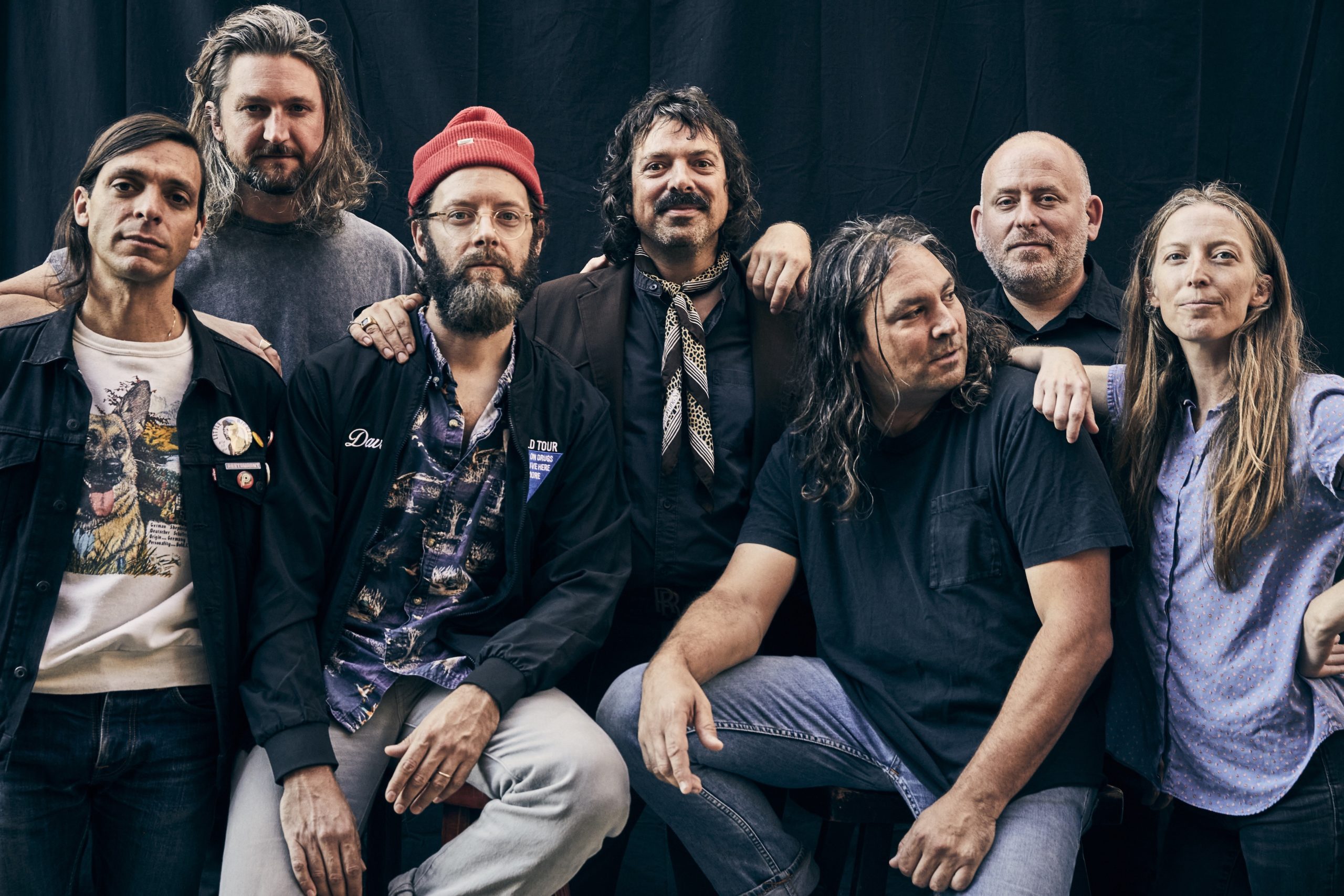 “I love every second of it before I had a kid, and after the last show I didn't want the party to be over because I didn't really have a purpose beyond the tour. “Back then I missed the camaraderie of being on tour in a self-contained community.
“I love every second of it before I had a kid, and after the last show I didn't want the party to be over because I didn't really have a purpose beyond the tour. “Back then I missed the camaraderie of being on tour in a self-contained community.
“Now after a tour I'm ready to go home. And I can work on new music or do things I can't do when I only have a week off before another show. Just taking care of family things.”
The first time the band played in Auckland it was two shows at the Powerstation in 2004, then the 2019 Laneway Festival and this time it is Spark Arena. These days they are used to massive audiences and in Quebec they played before Lana Del Rey to “something like 100,000”.
“I think its the biggest outdoor stage in North America. We played Madison Square Garden [in New York, capacity almost 20,000] a couple of times but in less than desirable conditions, it was during the peak Covid and Omicron and NYC was closed down because of a blizzard.”
Having started in local clubs with a small band – which included Kurt Vile who left for his equally successful solo career in 2008 and with whom Granduciel still plays with sometimes – he has learned incrementally how to reach those huge crowds: “Not too low tempo, keep things more concise, play the songs you like to play”.
“I use to confront the audience because I felt like we had to prove ourselves because every chord was being judged. But that's not really the way life works, people don't go to a huge festival to do that, they go to be with their friends and have a good time.
“So people respond to a band having fun which is what we do, because we love being in band and playing these songs, it's what we want to do, make the songs special in that moment. I love it.”
War on Drugs are, in some senses a band of the old style, a heartland Grateful Dead, Crazy Horse, a more psychedelic E Street Band?
“Definitely, live that's the sound the band makes together.”
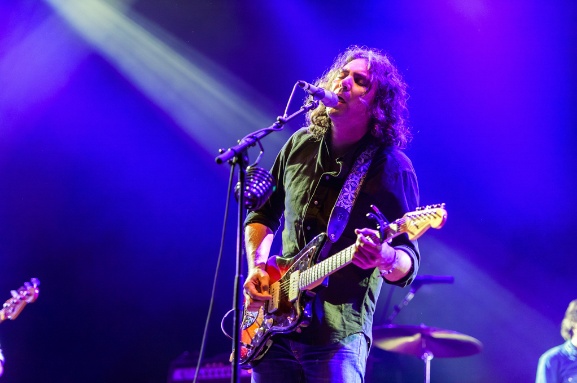 And, fan of classic rock that he is, Granduciel embarks on a discussion of the many covers they have included over the decades which includes songs by George Harrison (Beware of Darkness), John Lennon (mind Games) Neil Young's Hurricane, plenty by the Waterboys, Warren Zevon . . .
And, fan of classic rock that he is, Granduciel embarks on a discussion of the many covers they have included over the decades which includes songs by George Harrison (Beware of Darkness), John Lennon (mind Games) Neil Young's Hurricane, plenty by the Waterboys, Warren Zevon . . .
In the beginning they were doing covers just to find their way into the music but then when he had a bigger band behind him they could do justice to Beware of Darkness
“Arguably the Bangladesh concert was the definitive version of that song and you're watching it and you go, 'Oh, yeah. We should play that' because we've got a big band now.
“I could do Mind Games with piano and synthesiser because for the first time I had this wall of sound behind me.”
That seven-piece band now includes a second guitarist Anthony LaMarca and keyboard player Eliza Hardy Jones.
“I'd never had a second guitar player to play off after Kurt and that was a long time ago. So I wanted another guitar player, not a smalltime instrumentalist. Then everything steamrolled and people like it and so we just kept touring,” he laughs.
Although not their biggest seller, War on Drugs musical breakthrough was their 2014 third album Lost in a Dream, but I took two years and Granduciel is part that now.
“I've done that on two records and they weren't that enjoyable for me to make. I just want to make something faster and different from what we've done on the last two records.
“There's a level of perspiration where you have to chip away but for me there are times when I'm not interested in writing or working – maybe that's my four-year old talking. Just playing guitar around the house but not trying to write a song.
“You have to be okay with the idea that not everything has to be for something, I don't feel bad if I'm not writing or producing a song. When you've done it for a while you know these things come in waves and that maybe in six weeks I'll be deep in a new song.”
But right now it's downtime at home with family and preparing another live album to be released in 2024.
He says he's not a great reader – a surprise given the literary and sometimes Dylanesque nature of his songs which are always deeply personal, using songs to navigate his way through life.
“I do write about my experiences and I never feel I could sing from someone else's perspective, it feels awkward to me. I try try to tell a story, but I'm figuring out my life.”
But he does listen to music for pleasure.
“I always come back to favourites like those and [Bob Dylan's] Highway 61 and Street Legal, [Tom Petty's Full Moon Fever and Wildflowers, Neil Young's Harvest moon and On the Beach . . . and the Plastic Ono Band.
“I come back to these because there's a world and lifetime in those albums.”
He also listens to newer artists and is enthusiastic about touring soon with one of his favourite bands, Texas' experimental indie rockers Spoon.
“It'll be awesome to see them every night and . . . wow, we'll . . . we'll follow Spoon every night?” he says, stopping himself.
“Oh man. I hadn't thought about that!”
.
War on Drugs play Anderson Park, Wellington, December 1; Auckland's Spark Arena, December 2

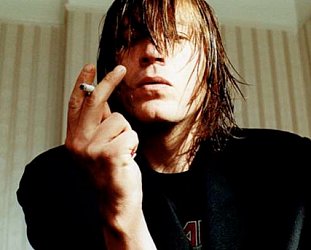
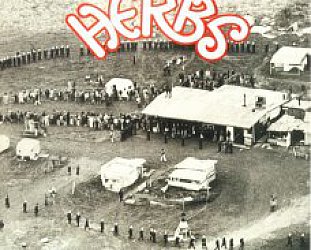
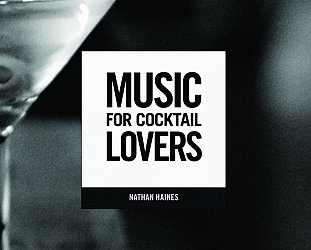
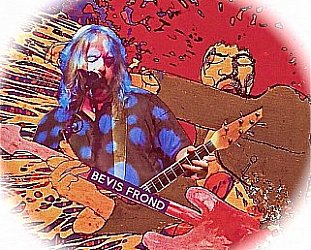
post a comment